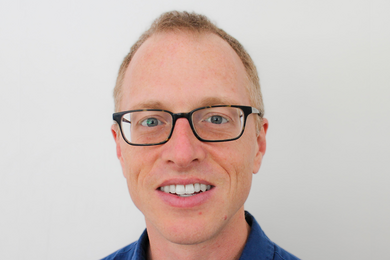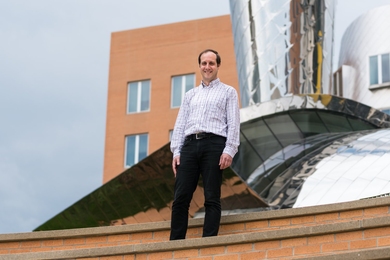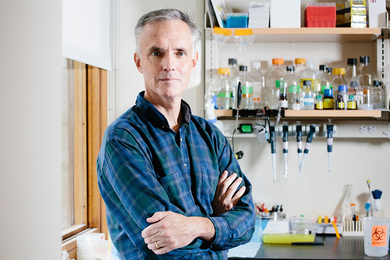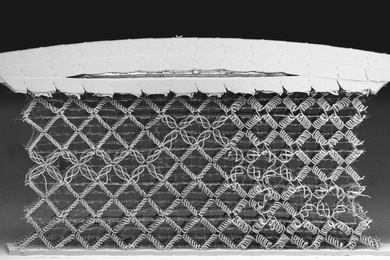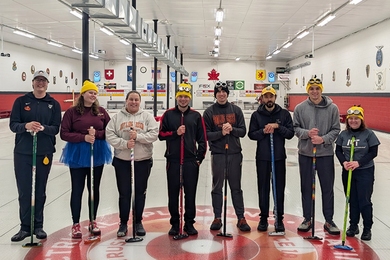Assimilation is possible for the roughly 30 million or more Muslims currently living in Europe, according to Mustafa Ceric, Grand Mufti of the Republic of Bosnia and Herzegovina, the highest official of religious law in that country.
"Europe has never been a continent of one faith," Ceric told the audience gathered in Room 54-100 for his April 4 talk titled, "European Muslim Identity in the New Millennium." The responsibility for assimilation lies with both the European Muslim minority and the European majority, he said.
Ceric proposed that a third option be added to the traditional Islamic concept that one either lives in an Islamic country or in a state of war fighting to keep the values of Islam alive: "Europe is neither a house of Islam or war. Europe is the house of contrast, peace and reconciliation," he said.
"An understanding of Europe is very important for Muslims," said Ceric, who said Muslims should try to embrace this third option, and that many Europeans need to eliminate their prejudice against Islam.
"I worry about the future of Muslims in Europe especially after recent events in Denmark," said Ceric, referring to the editorial cartoons depicting the Prophet Mohammed in a negative light that appeared in a Danish newspaper and set off a series of violent protests around the world. The cartoons were "meant to hurt," Ceric said. They "left a bitter feeling."
Condemning the recent terrorist attacks against the United States, England and Spain, Ceric said that "Muslims around the world have been shocked (by the attacks)." He encouraged Muslims in Europe to be proactive.
"The East believes Islam is the answer and the West believes Islam is the problem ... both are using and misusing Islam," Ceric said. He encouraged Muslims to live by the principle that "Islam is about the West and the East," he said.
"I am very optimistic," Ceric said. "I believe in the new generation of Muslims."
His visit was sponsored by the Center for International Studies, the Muslim Students Association and the Technology and Culture Forum at MIT.
A version of this article appeared in MIT Tech Talk on April 12, 2006 (download PDF).
